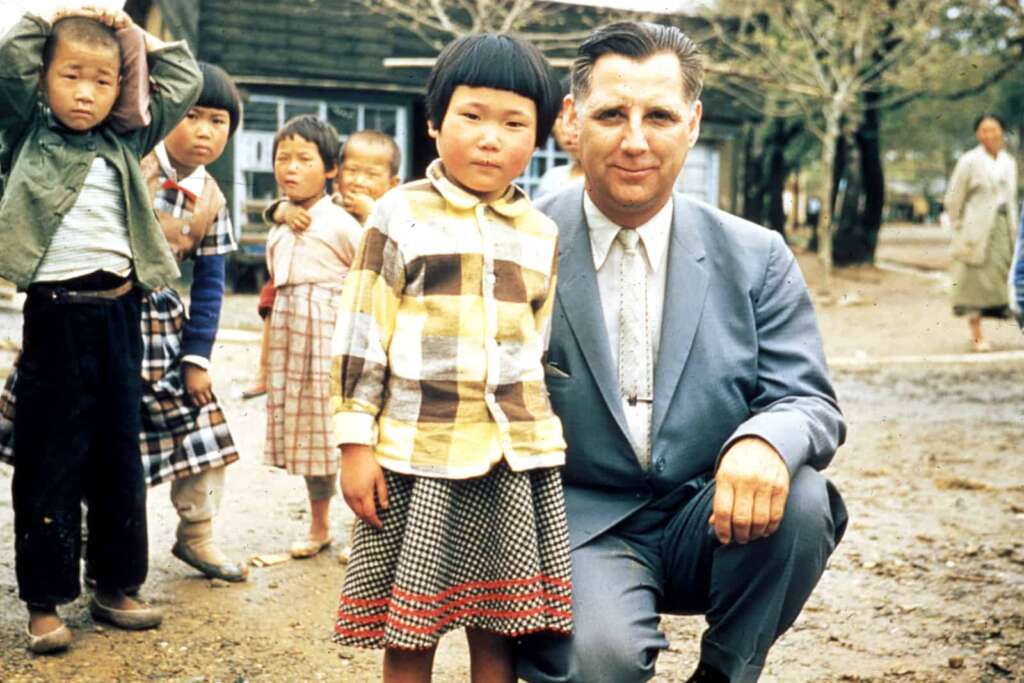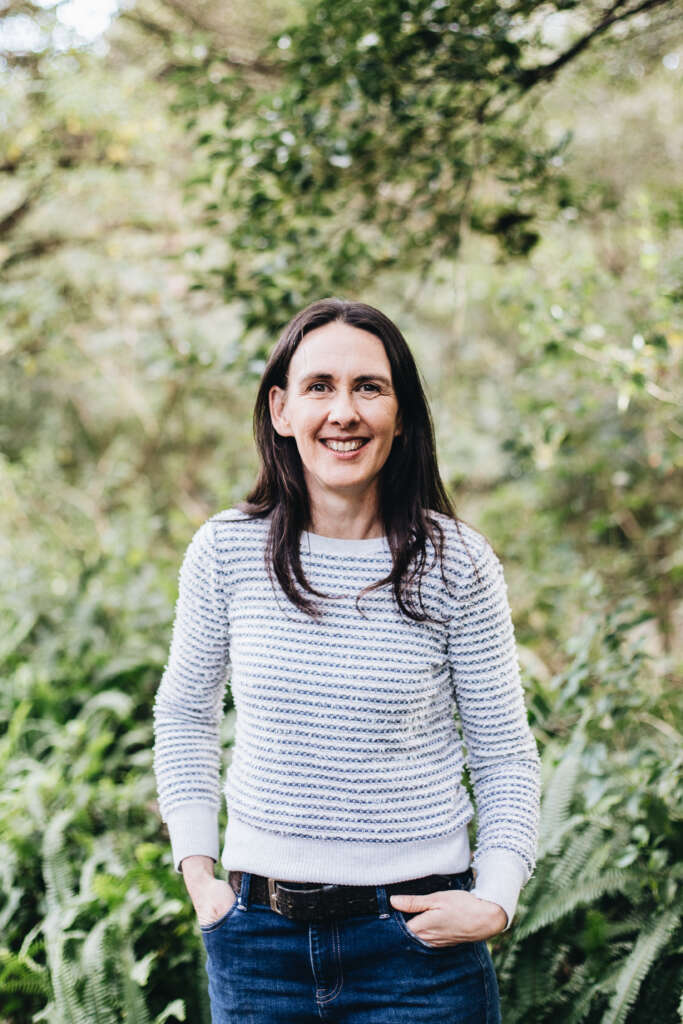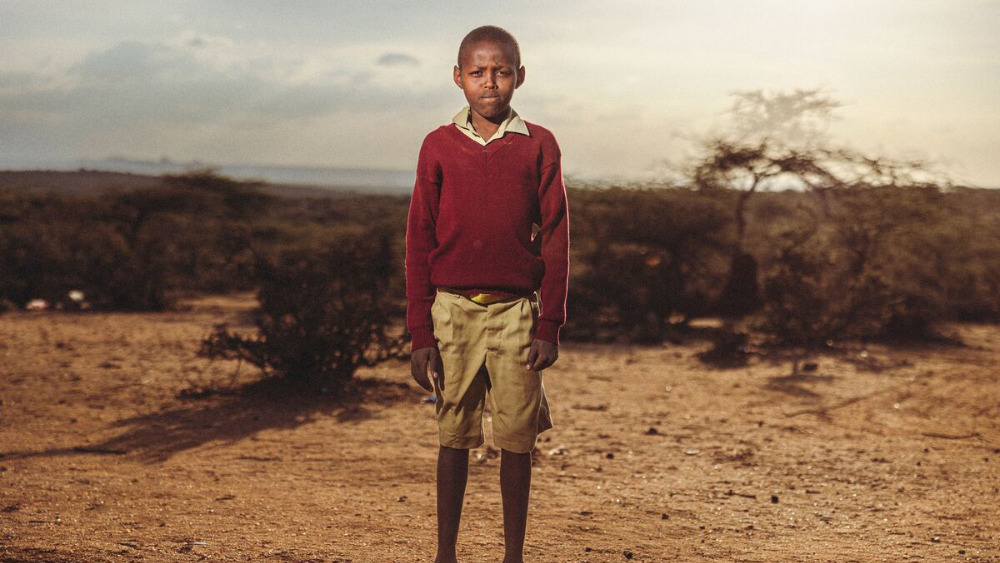Is it still possible to end extreme poverty?
Setbacks put UN goal further away
Shockingly, the global poverty rate has increased for the first time in two decades, and progress in reducing extreme poverty has faced numerous setbacks. As we celebrate International Day for the Eradication of Poverty, we must ask the question: is it still possible to end poverty?
In 2016, the United Nations committed to the 2030 agenda for sustainable development, recognising that “eradicating poverty in all its forms and dimensions, including extreme poverty, is the greatest global challenge and an indispensable requirement for sustainable development.”
Now, halfway to the 2030 deadline for the Sustainable Development Goals, experts are suggesting only 15 per cent of these goals are on track. COVID-19 dealt the biggest blow to alleviating global poverty in decades. Since then, rising food and energy prices – fuelled by climate shocks and conflict among the world’s biggest food producers – have hindered recovery. According to the World Bank, since 2019, there are 70 million more people living in extreme poverty.
Only work that is driven and delivered by locals to locals will ultimately leave lasting change.
Is it still possible to end extreme poverty? At Compassion, our mission is to see all children released from poverty. We cannot and will not give up.
But how can this be done? It will take the united effort of a global neighbourhood. We all have the capacity to look beyond ourselves and make sacrifices for others, even when facing challenging times at home. All it takes is a small percentage of our national wealth to be distributed to our global neighbours to eradicate extreme poverty. However, poverty can also be a systemic problem that can only be addressed by locals in their own countries and communities. Eradicating poverty will take everyone working together.
Australia has a long and proud history of standing in the gap and helping its mates. Whether it’s natural disasters at home or a worldwide crisis, Australians have always been able to see our common story and shared humanity in those who are struggling.
At Compassion Australia, we are becoming more ambitious and more focused.
This is not the time to give up hope and optimism. For over 70 years, Compassion has focused on releasing children from poverty one child at a time, and we will stay focused on doing this. Our local church partners are invested in their communities because they are members of that community. They know the problems their neighbourhoods face and have been moved with compassion to act. We then empower them with the necessary resources to tailor solutions to their context. Only work that is driven and delivered by locals to locals will ultimately leave lasting change.
At Compassion Australia, we are becoming more ambitious and more focused. In the 2023 financial year, and for the first time in our history, we raised over $100 million. While this is certainly something to celebrate, especially given the challenging financial climate faced by many in our country, we have upped our goal to increase Compassion’s impact by 50 per cent over the next five years. We know it is possible because our supporters are already giving generously and self-sacrificially.
More than 70 years ago, Rev. Everett Swanson flew from Chicago to South Korea to show support to US troops fighting in the Korean War. While there, he grew increasingly troubled by the sight of hundreds of war orphans living on the streets, seemingly abandoned by society.

Everett Swanson (founder of Compassion) in South Korea. Image: Compassion Australia
One morning, he saw city workers scoop up what looked like piles of rags and toss them into the back of a truck. He walked up to the truck for a closer look and was horrified to see that the “piles” were not rags but the frozen bodies of orphans who had died overnight in the streets. His experience moved him with compassion.
For 40 years, Compassion played an important role in South Korea, helping children thrive and grow into the adults who built a prosperous economy. Today, South Korea is a funding country, with sponsors there now helping children in low- and middle-income countries.
Stories like this give me hope in the fight against poverty and show what is possible when you start small – our founding story is of one man who was moved with compassion to help a few orphans. Today, we support over 2.3 million children. But this work is only possible because we are a network of over 40 countries and 6,500 local partners, united to see children released from poverty.
Now is the time to come together as global neighbours and eradicate poverty. It is still within our reach.

Clare Steele
Clare Steele is the CEO of Compassion Australia.


